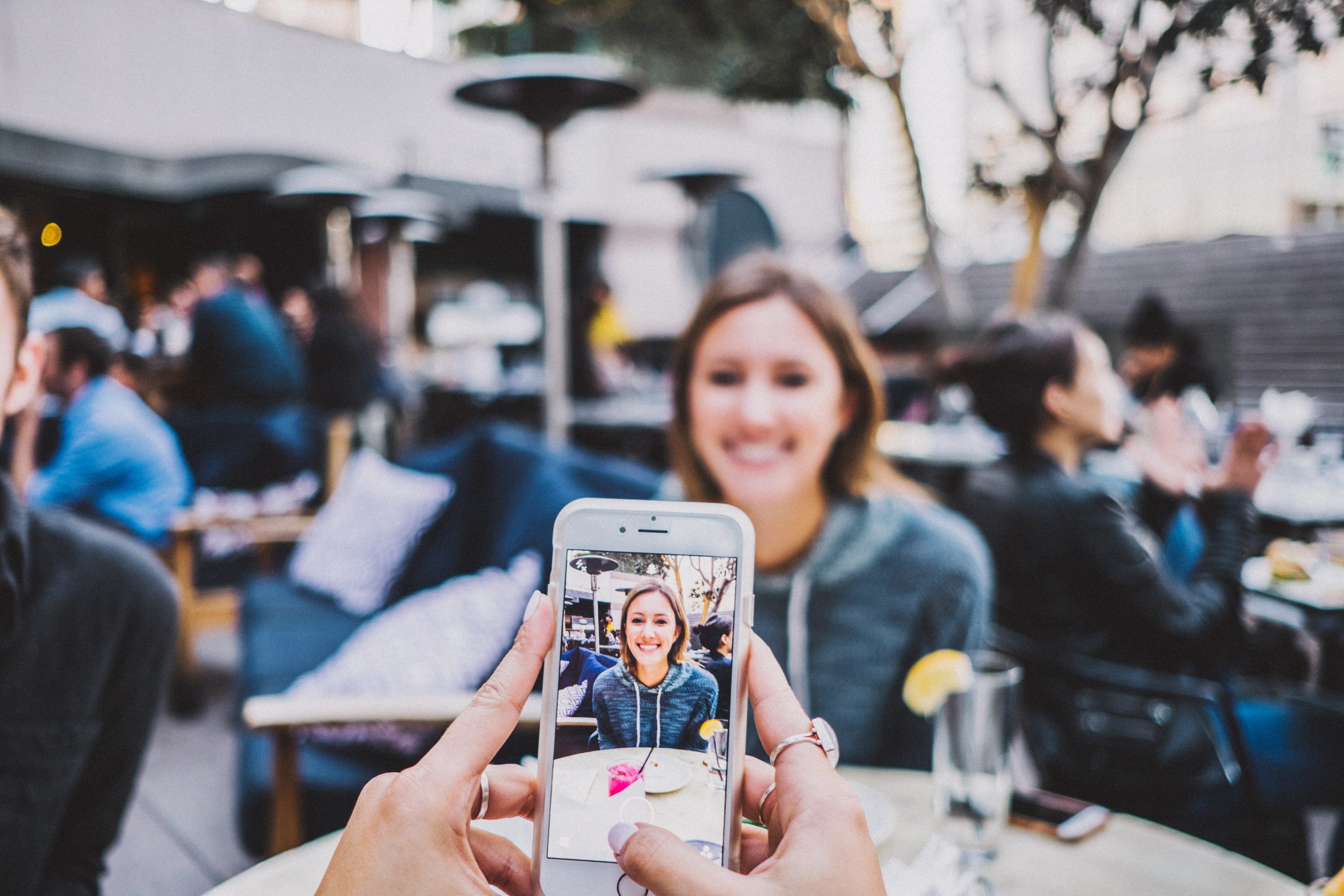Few things in recent memory have changed the world so profoundly as the internet. We live, learn, and socialize differently today from how our parents and grandparents did, thanks to the world wide web. And with the internet came the rise of social media in the early to mid-2000s. This means that my generation – the infamous millennials – and all those that come after us are growing up online. Whether it’s MySpace (now a blast from the past), Facebook, Instagram, or TikTok, our youth is shaped in large part by our chosen social media platforms, no matter where we live, what we do, or who we know. There is, thus, no question about whether social media affect urban youth; the only question is – how?
Social media and identity formation
If you’ve ever applied for a job, filled out a dating profile, or even just introduced yourself to a new group of people, you’ve had to face the question of who you are. Typically, the answer starts with your name and age, where you’re from, maybe what you do. But this is just the beginning – your interests, values, beliefs, hobbies, and habits all contribute to what makes you, you. This unique sense of self develops in large part during our teen years and early twenties. And when we spend those online, social media become a part of our identity.

Social media necessarily require that we present ourselves to the world. We choose our usernames, fill in bios, share posts relevant to our interests, express our opinions, upload our photos. In other words, we create our online identities with everything we do. Research has shown that if we are actually being authentic on social media, expressing ourselves online can help us better understand who we are. For young people, this can be an essential step in solidifying an identity.
But not everyone is always honest online. As an adult, I now understand that most of what we see on social media, especially from celebrities and influencers, is what people want us to see – the successes, the happiness, the good days. But when I was a teenager, seeing everyone’s well-lit and sometimes edited selfies, party photos, and special moments often made me feel like my life was boring and I was missing out. This is what urban youth experience online every day. Unfortunately, this kind of social comparison can have adverse effects on their self-image; in fact, some studies have even linked the use of social media with anxiety and depression.
The effect of social media on relationships among urban youth
Living in a city means always being surrounded by people, most of them complete strangers. We often refer to this as feeling alone in a crowd. I personally enjoy this type of anonymity, which is one reason I prefer big cities. But for young people who struggle with establishing meaningful relationships, this type of loneliness can be devastating. Many of them turn to social media instead. Unfortunately for them, social media and loneliness sometimes go hand-in-hand.

Social media and opportunities for urban youth
We cannot talk about the effects of social media on young people without mentioning all the good that they bring. It is through social media that many young people meet friends from all over the world, stay in touch with family members who live far away, learn about upcoming events in the area, and become involved with local organizations. This is what social media are meant for, but they have evolved over the years. Today, you can do much more than just make connections.
Businesses post job advertisements to social media, Facebook market allows you to buy and sell things, and you can find groups for help with almost anything from studying to paying taxes. Social media can even help young people become more independent: moving out of your parents’ home won’t be difficult when you can find free boxes, cheap moving help, and even a place to rent on social media. Just last month, and despite the fact that finding a place in NYC is not easy by any means, my sister found the perfect place in Park Slope thanks to a Twitter thread and moved in with two of her friends – the first time any of them have lived on their own. These benefits are a reminder of why social media became so popular in the first place.
Social media – a double-edged sword
No matter how old we are or where in the world we find ourselves, social media have an impact on our lives, both positive and negative. But at the end of the day, social media don’t have a mind of their own – they are what we make of them. So, when talking about how social media affect urban youth, we need to factor in the behavior of the teenagers and young adults themselves. This is something that we can change. All we need to do is teach younger generations how to get the most out of social media. It’s about curating our online experiences, balancing our online and offline lives, and thinking critically about everything we see.



